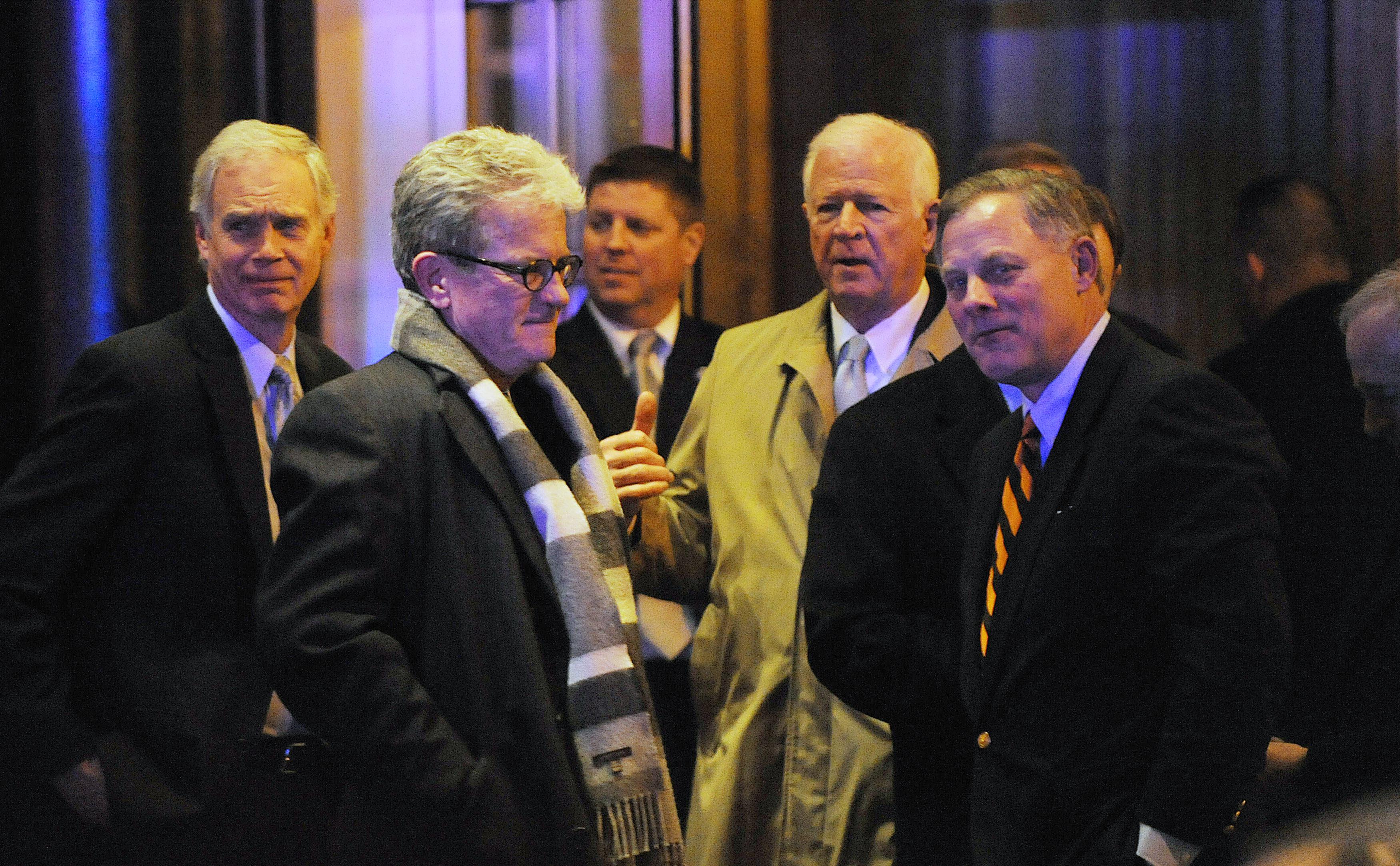Conservatives who don’t even agree with Sen. Rand Paul on the issue behind his filibuster—a legal rationale for targeted killings of terror suspects, on American soil—got squarely behind him yesterday. Sen. Ted Cruz eventually stood to read messages from Twitter, which made the point nicely.
What I wanted to do for the Senator from Kentucky is give some small sampling of the reaction on Twitter so that he might understand how the American people are responding to his courageous leadership. To Senator Paul’ doing something that the last four years has happened far too little in this chamber, which is standing up and fighting for liberty. So I will read a series of tweets.
Alex MacGillis, who chose the right weekend to become an expert on the drone lobby, empties his notebook to explain why Rand Paul is on to something. The anecdote comes from a conference of drone lobbyists:
[A]n executive with a major drone manufacturer pressed the point. If police are trying to take out a dangerous armed suspect but are unable to get a good angle on him, why would they not consider sending up a small armed drone, which, he said, is really just a gun put on a “remotely controlled platform.” “I’m not necessarily so sure about the difference between putting a precision high-caliber rifle on a platform that you could gain a different perspective or access to some situation where it would be difficult to put a man in that spot…. If the bad guy’s there and the only way you can deal with that is a remotely controlled platform I don’t know why you would foreclose doing that.” “That’s an interesting issue,” replied the theology professor, Daniel Bell Jr., of Lutheran Theological Southern Seminary. “UAVs have done such a wonderful job of taking out high value targets individually in a theater of combat—why not use that same kind of [tool to] take out high value targets domestically?”
The Wall Street Journal gets a good read-out on President Obama’s meeting with the Republican senators he can do business with.
Dylan Byers is amused by the unnecessary secrecy around the meeting.
Stan Collender explains why the preliminary plan for Paul Ryan’s budget is weighing yourself without counting all that unsightly fat.
Ta-Nehisi Coates writes about the comfortable, bogus idea that only bad people can ever be racist.
And Noreen Malone spits hot fire about acknowledgments inflation—thanking all the celebrities you know in the back of your book. Without reading the minds of the accused here, I have a friendly theory: Social media makes it easier to “know” people and trade some ideas, so might the authors be sincere? Who among us hasn’t wished “happy birthday” on Facebook to someone we’ve met once or not at all?
